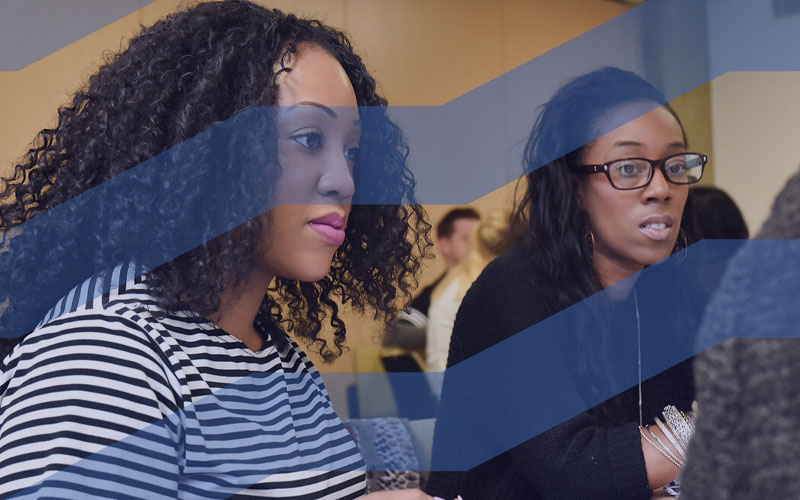Free-thinking is a core skill, not a nice to have
At the IOE Teacher Education College, we don’t subscribe to any one pedagogy or doctrine – we’re educating our student teachers to have the confidence to decide for themselves, says Tessa Willy.

9 December 2021
When students join us, they are often convinced there is a ‘right’ way to do everything. They want top tips and bullet points and that we’re there to show them the way. But once they’ve mastered the basics, they start to realise that our approach is that… there is no one ‘right’ approach. In fact, we encourage them to think outside the box, to be creative and to experiment.
Why? Because we want our teachers to be profession-ready, rather than institution-ready. Every school is different. What works in one school doesn’t necessarily work in another. And that’s why, alongside developing multiple approaches, all students undertake placements in two contrasting schools – a faith school and a secular school, for example – and carry out what we call an alternative placement: two weeks in a school entirely different from any they have previously worked in.
We know that school leaders value this independent thinking: many of our students go on to work at their placement school. School mentors also benefit – as they challenge students to think deeply about their practice, mentors get to see someone else teaching their children in a very different way. Mentor teachers often tell me that this process has re-energised them and helped them see routine tasks with fresh eyes.
We are looking for students to engage in informed and objective discussion (rather than subjective opinion). And so, as they acquire knowledge and experience, we ask them to be critically reflective of what they know, and to work not just with students they feel comfortable with, but also those who can challenge and broaden their horizons. Ours is a safe, welcoming, but robust, environment.
Our academics, too, have the freedom to pursue different areas and ask difficult questions. Research plays a substantial role at the IOE Teacher Education College – in fact, we carry out around 25 per cent of all the educational research in the UK. I have been discovering the value of academic freedom and discovery myself while studying for my EdD. Our many different centres and specialisms means that there is always someone to approach, whatever the question might be.
Education itself is incredibly diverse, challenging and ever-changing, and that’s mirrored in our approach. It’s wonderful to watch our students take the initiative, put research into practice, discover new ways of working and become independent, free-thinking professionals, ready to go wherever their career and their passions take them.
Tessa Willy is Deputy Programme Lead – Primary PGCE at IOE
 Close
Close


